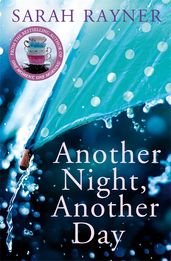A handful of inspiring books on mental health
Sarah Rayner, author of Another Night, Another Day,on five brilliant books about mental health. They range from case studies that read like short stories to moving memoirs that sufferers will identify with.

Sarah Rayner, author of Another Night, Another Day, on five brilliant books about mental health. They range from case studies that read like short stories to moving memoirs that sufferers will identify with.
The Examined Mind
by Stephen Grosz
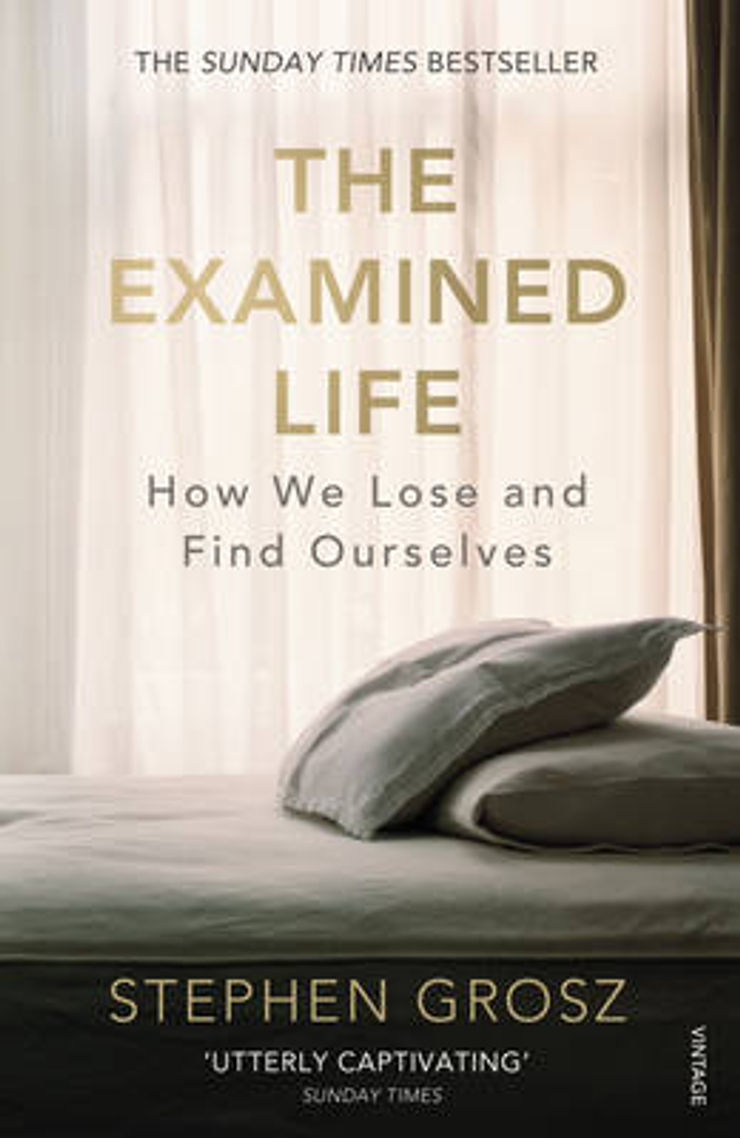
Distilling decades of therapeutic work into a slim volume that reads like a collection of short stories, Grosz offers an intriguing insight into contemporary psychoanalysis. A married father-of-four announces that he is thinking of coming out, aged 71, while a woman who has just celebrated her 50th birthday realises a sexy dream that bothered her was about her son. Anger, self-delusion, lying, being stuck – Grosz even shows how boredom is worth thinking about. He draws not just on his patients, but literature too – Scrooge reveals how we can't live a life without loss, a Herman Melville character illustrates how ‘we all have a cheering voice that says "let us start now, right away" and an opposing, negative voice that responds "I would prefer not to."’
But the real joy of this book is that all this is done with such a light touch. The language of psychotherapy can be off-putting to those not familiar with it – I should know, as my father, Eric Rayner, was a psychoanalyst so when I was growing up our home was full of shrinks talking shop and I couldn’t understand much of what they said. The Examined Life avoids jargon and to have made complex theories accessible to a mainstream audience is a fine achievement.
Sane New World
by Ruby Wax
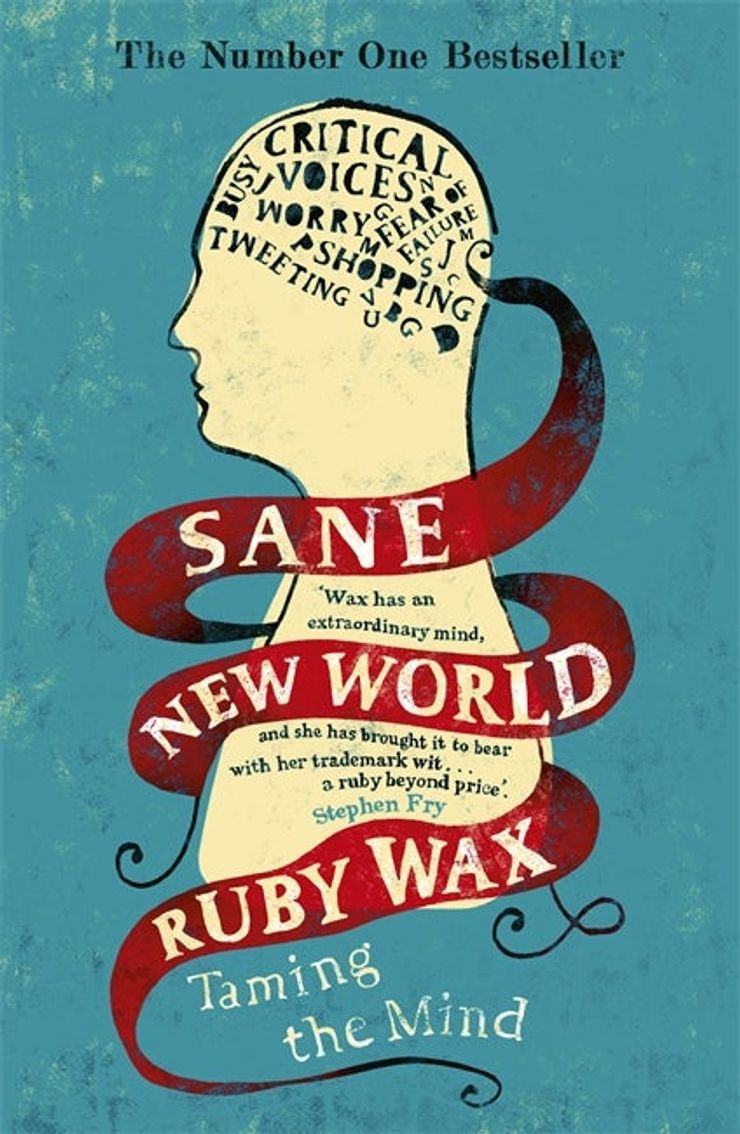
If you've not encountered how mindfulness techniques can help with depression before, this book is a good place to start. It explains the concepts simply and wittily, and provides useful exercises at the end to help put the theory into practice. There are, it's true, other more fulsome tomes on mindfulness out there, and more searing accounts of going through breakdown too, but they don't detract from this book, which, as a cross between the two genres – part self-help tome, part memoir – aims to do something different.
The short chapters make it easy to assimilate, and Ruby's willingness to expose her own vulnerabilities makes it feel as if you're in the company of a friend as you read. Moreover, because Ruby Wax is a household name, there's every chance Sane New World will find its way into the hands of people who might not otherwise read about depression, and that can be no bad thing. I have enormous respect for Ruby and admire what she's done (and continues to do) to raise awareness of mental illness by admitting she’s had problems herself. To my mind that takes even greater courage than stand-up comedy, and I'm sure I'm not alone in being grateful for her bravery.
Sunbathing in the Rain
by Gwyneth Lewis
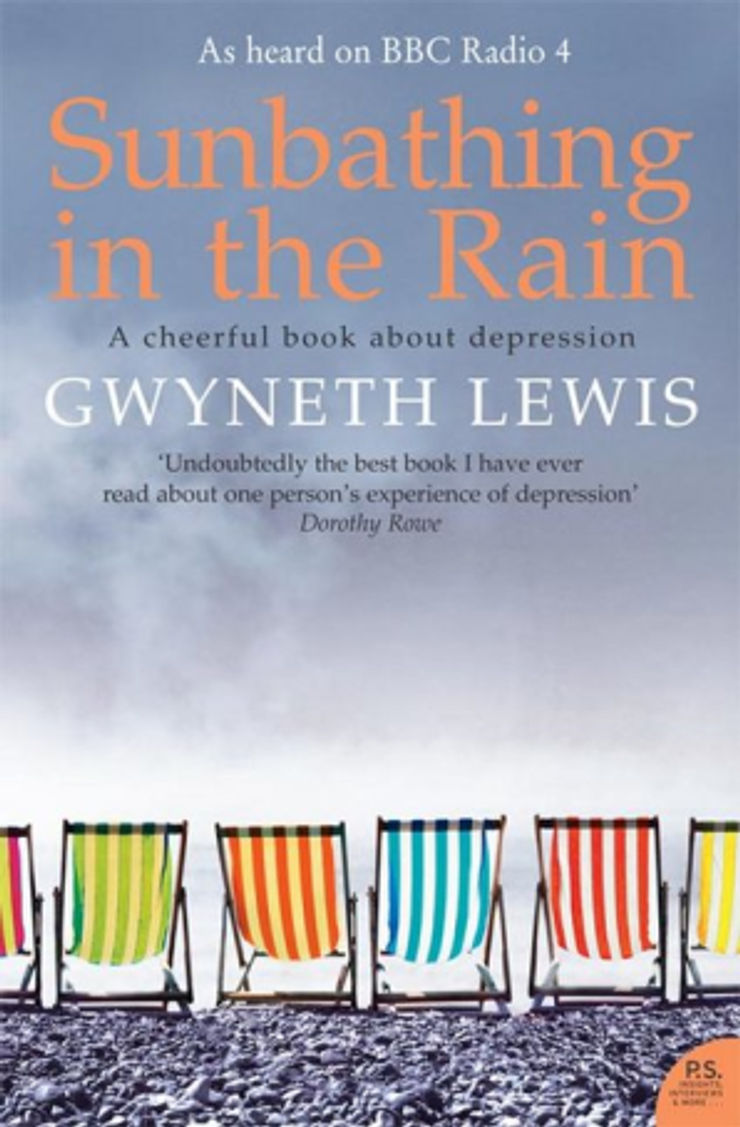
Let me kick off by saying there is heaps about this book which is wonderful – the practical hints, the tone of voice and language, and many of the insights. I found it sympathetic and uplifting, which, to anyone in in the throes of depression, are sensations you want to hold onto for as long as you can. One of the most painful aspects of depression is the cycle of self-loathing, so the notion that depressions are learning experiences is extremely useful and uplifting.
For all her battles with mental illness, Lewis was lucky in that it seems she was able to take two years out and just ‘be’ – unless I missed something, she never mentions a need to earn her keep during this time. So in this regard she was fortunate, and some readers battling depression might find her experience feels at one remove from their own.
My conclusion? Read it, please. But do so alongside Sally Brampton's Shoot the Damn Dog. Brampton's personal experience of depression is deeper, more agonised and prolonged, so her take is even more salutary. Together these books make an enlightening double bill, and will illuminate a tentative path through the darkest of times.
The Depression Book: Depression as an Opportunity for Spiritual Growth
by Cheri Huber
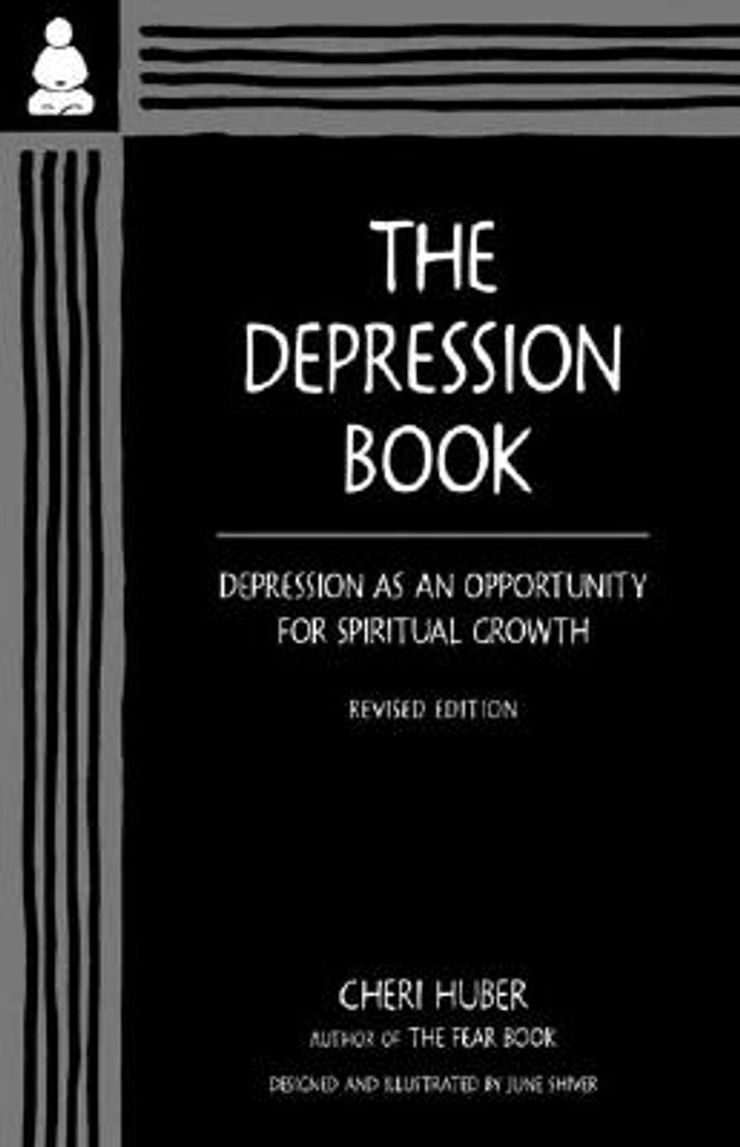
I gained many really useful insights from this pithy book. Take this:
'If your hair were on fire, it would not be helpful to panic and race around in all directions at once... Nor would it be a good idea to take a nap... What would be helpful? Get present, assess the situation, then move as quickly as possible to the nearest source of help. And I would encourage you to pull out all the stops. Staying with our hair-on-fire analogy, dunk your head underwater, grab a fire extinguisher, smother the flames, yell for help. In other words, see your physician, see a therapist, start an awareness practice, learn to meditate.'
Given those who experience anxiety, as I do, tend to veer from mania to duvet diving, this struck a nerve. Interestingly, this reasoning is not dissimilar to that expressed in Sunbathing in the Rain. Personally – and this is subjective – I preferred the latter, as I loved Lewis' writing (she's a poet, and it shows). But for anyone experiencing depression, I would, as indicated by the quote above, suggest one adds this to mix when pulling out the stops to heal oneself. It only takes an hour or two to read, if rather longer to put into practice.
The Bad Doctor
by Ian Williams
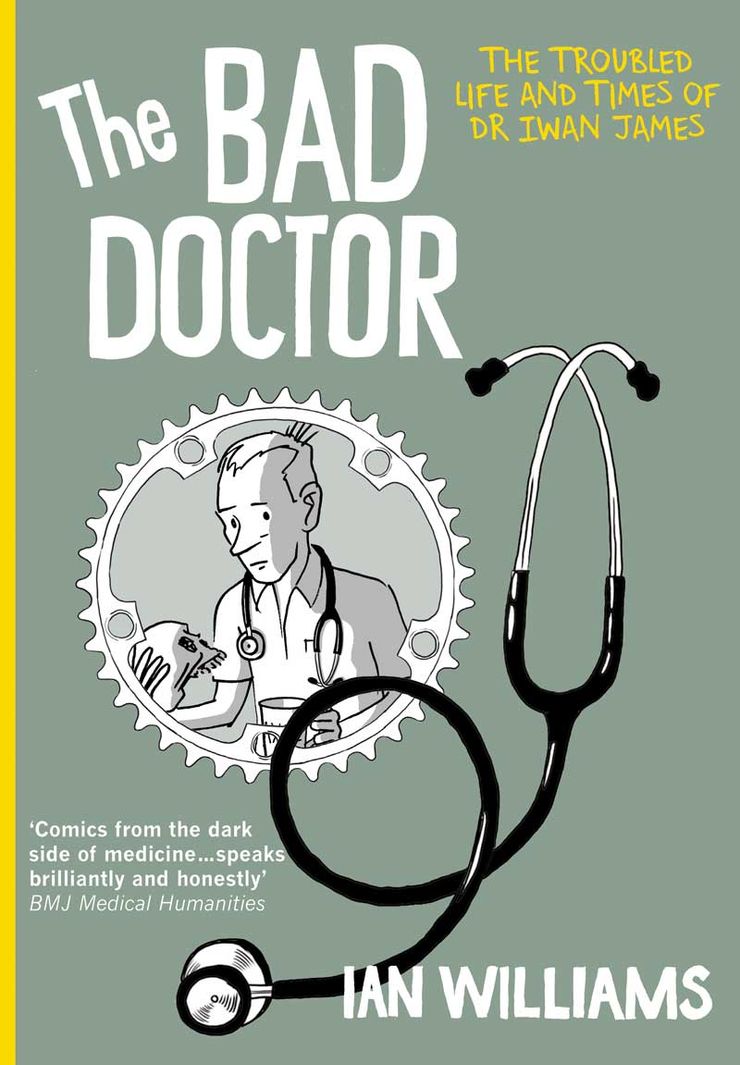
I’d like to end with something a little different – Ian Williams’ first graphic novel, The Bad Doctor, mainly because it made me smile.
Iwan James, a middle-aged doctor who works in the middle of nowhere, is a hero out of step somehow with his own life. He works in a far-from idyllic setting, his patients are beset by complaints and ailments – as is he. He worries about his marriage and fantasises about a colleague. Bite-sized stories give us glimpses of different patients, the doctor's home life and childhood, and make the whole easily digestible in one sitting – perhaps deceptively so, as on closer examination there's plenty of philosophic meat on The Bad Doctor's bones.
By turns both funny and tragic, The Bad Doctor made me chuckle and occasionally wince – in a good way, as one does when a work of art makes us see our own foibles afresh. If a doctor can suffer from OCD and periods of angst and self-doubt, it reinforces we’re all vulnerable, and shows that whatever our profession and state of mental health, we are bound together by being human.
Other recommended books on mental health:
An Unquiet Mind

I was used to my mind being my best friend. Now, all of a sudden, my mind had turned on me: it mocked me for my vapid enthusiasms; it laughed at all of my foolish plans; it no longer found anything interesting or enjoyable or worthwhile.
Dr Kay Redfield Jamison is one of the foremost authorities on manic depression (bipolar disorder) - and has experienced its terrors and cruel allure first-hand. While pursuing her career in medicine, she was affected by the same exhilarating highs and catastrophic lows that afflicted many of her patients.
An Unquiet Mind is a definitive examination of manic depression from both sides: doctor and patient, the healer and the healed. A classic memoir of enormous candour and courage, it teems with the wit and wisdom of its creator.
Shoot the Damn Dog by Sally Brampton
A Mindful Way through Depression by Mark Williams, John Teasdale, Zindel Segal and Jon Kabat-Zinn
Another Night, Another Day
by Sarah Rayner
From Sarah Rayner, author of the bestselling One Moment, One Morning, comes another beautiful, bittersweet novel set in Brighton.
Three people, each crying out for help . . .
There's Karen, worried about her dying father; Abby, whose son has autism and needs constant care; and Michael, a family man on the verge of bankruptcy. As each sinks under the strain, they're brought together at Moreland's Clinic. Here, behind closed doors, they reveal their deepest secrets, confront and console one another and share plenty of laughs. But how will they cope when a new crisis strikes?
